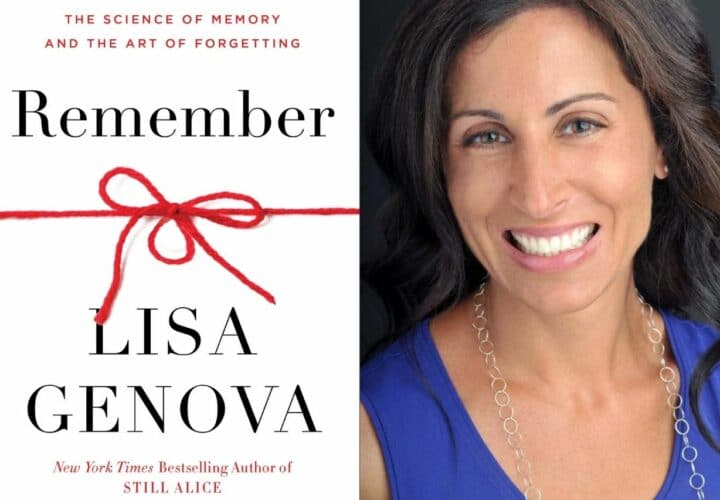A recent study shows that people with a stronger sense of purpose seem to recall their memories with more vivid details compared to those with less sense of purpose.
We all need a reason to wake up in the morning, to strive toward goals and accomplishments that can make a positive difference, whether it’s in our careers or relationships. After all, maintaining a purpose is tied to our physical and emotional health. Now, new research shows that a sense of purpose is also linked with the richness of our personal memories, which may be one reason why leading a purposeful life helps sustain our wellbeing.
A recent study, published in Memory, found that people with a stronger sense of purpose reported more vivid, coherent and accessible memories of personally meaningful events related to COVID-19.
According to Angelina Sutin, the study’s lead author, past research has shown that a sense of purpose is closely associated with episodic memory, like the ability to recall a list of words. But it wasn’t known whether purpose is connected with how people relive their memories, also known as memory phenomenology. The team sought to address this gap in research, given that reliving memories can, for example, help people maintain goals, remind them of insights drawn from past events, and impact how they perceive their old selves versus who they are now.
“This is an important aspect of memory because it shapes how we set goals, how we connect with other people [and] how we use our memories in everyday life,” Sutin, professor of behavioral sciences and social medicine at Florida State University, told Being Patient of memory phenomenology. “What we were interested in was whether purpose in life was also associated with these different aspects of the quality of people’s memories, not just how many words they can remember.”
For the study, Sutin and colleagues analyzed data of nearly 800 participants, who had an average age of 58, from an online longitudinal study. The participants completed assessments between January and February 2020 of their sense of purpose in life, cognitive abilities, demographics and depressive symptoms.
Want to learn more about clinical trials
for Alzheimer’s and dementia?
Check out the Lilly Trial Guide.
Following the COVID-19 outbreak, people were asked in July 2020 to describe an important memory related to the pandemic. Then, the participants rated their feelings about their memories and how they relived these memories.
The researchers found that people with a greater sense of purpose reported a clearer sense of when the events in their memories took place, compared to those with a lower sense of purpose. This group also reported their memories to be more vivid, coherent and easier to recall. They reported more positive feelings (i.e. excited) than negative ones (i.e. nervous) when they recalled their memories. What’s more, they tended to report more sensory details about their memories, to view their memories from a first-person perspective and to share their memories with others.
After the researchers accounted for participants’ depressive symptoms, these associations remained largely unchanged.
According to Sutin, how people relive their memories has a host of implications for their mental health and social relationships. For example, people re-experience a past event by sharing the memory with those around them, which helps create rapport between one person and another.
“Part of the way that we create intimacy and build relationships with others is by sharing important memories with other people,” Sutin said, “because how we get to know other people and how we make ourselves vulnerable to other people [is] by telling others about important things that happened to us.”
Taken together, Sutin hypothesized that the study’s findings may help explain why people with a stronger sense of purpose are, for instance, less likely to feel lonely, are at a lower risk of depression, and have better social support systems.
“What these results indicate is that people with a greater sense of purpose have these richer autobiographical memories,” Sutin said, “which might be one reason why they are able to have more defined goals that they strive for, why they have deeper social connections with others, [and] why they are able to maintain better mental health over time.”
She added, “We’re speculating on the link to better outcomes. The next step in this research is to test whether phenomenology is one mechanism that links purpose in life to these better outcomes.”



